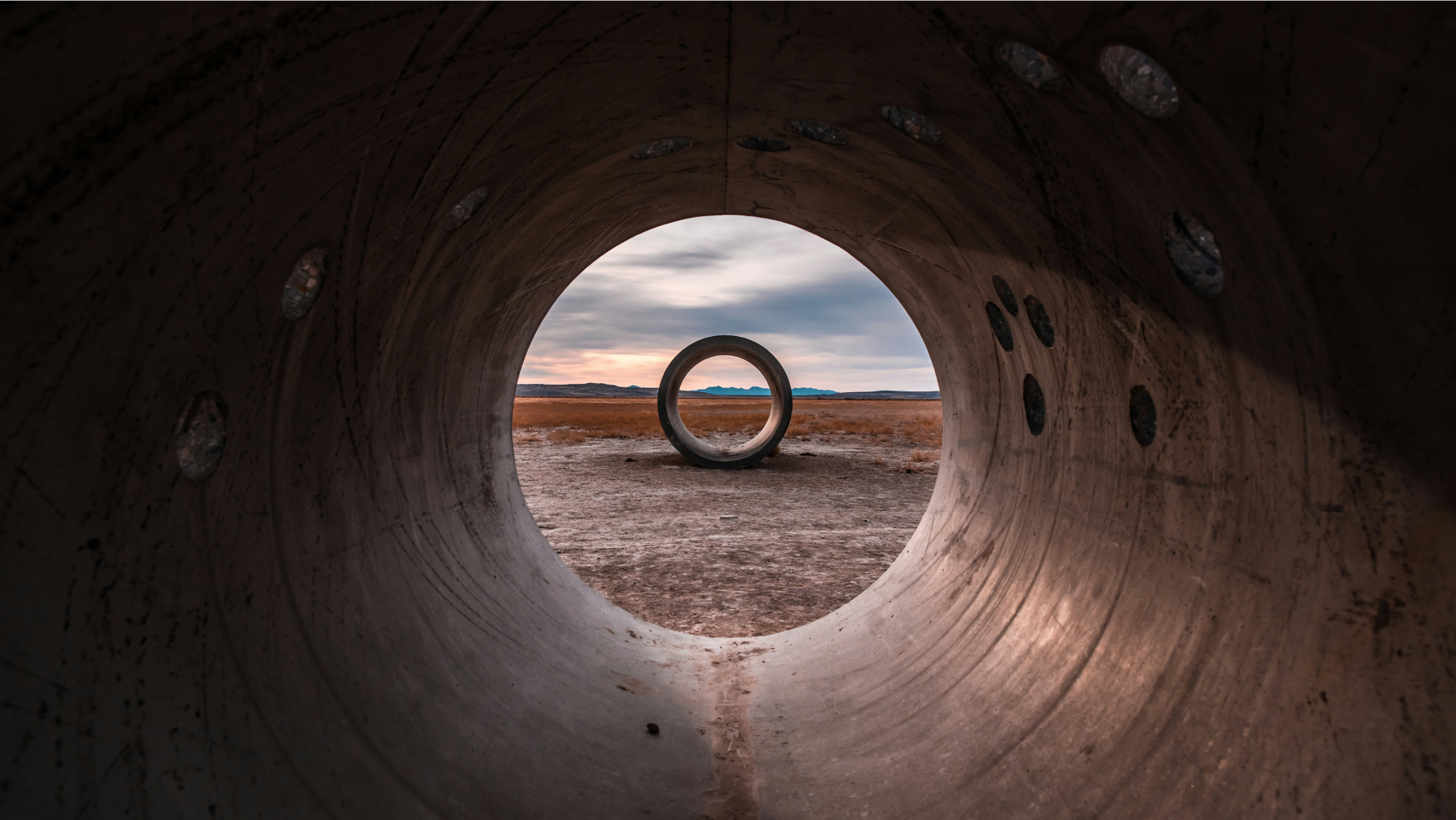The Significance of Colon Health
The colon, also known as the large intestine, is a critical player in our digestive system. It absorbs water and electrolytes from indigestible food matter and transports waste out of the body. This underscores the importance of good colon clearance, which is not just about comfort but is essential for overall health. Poor colon clearance can lead to a variety of health issues, including constipation, bloating, and even more serious conditions like colorectal cancer.
Constipation vs. Incomplete Clearance
While constipation and incomplete clearance are often used interchangeably, they are distinct. Constipation is infrequent or difficult bowel movements, usually accompanied by hard, dry stools. On the other hand, incomplete clearance is the sensation of not fully emptying the bowels, even after passing stool. Think of constipation as being stuck in traffic and incomplete clearance as feeling like you left something behind after leaving the house. Understanding these distinctions can empower you to recognise and address potential digestive issues and seek appropriate treatment for your specific condition.
The Role of the Peristaltic Movement
Peristalsis is the involuntary contraction and relaxation of muscles in the intestines, creating wave-like movements that propel food and waste through the digestive tract. Proper peristaltic movement is essential for efficient digestion and waste elimination. Disruptions in peristalsis can lead to constipation or diarrhoea. Picture peristalsis as the smooth, rhythmic motion of a wave at the beach – when things are going well, it’s all smooth sailing.
Staying Active for Better Gut Motility
Physical activity is not just beneficial for your muscles and heart, but also for your digestive system. By stimulating peristaltic movement, exercise can significantly improve the efficiency of food movement through the intestines. Whether it’s a brisk walk, a jog, or a yoga session, these activities can enhance gut motility and reduce the risk of constipation, giving you a sense of control over your digestive health. Remember, a moving body keeps things moving inside, too!
The Impact of Medications on Gut Motility
Certain medications can affect gut motility, leading to digestive issues. For example:
Opioids: These pain relievers can slow down peristalsis, leading to constipation. Just what you need – more backup!
Anticholinergics: These are used to treat conditions like overactive bladder, which can also slow gut motility. Trading one problem for another?
Laxatives: While helpful for relieving constipation, overuse can lead to dependency and worsen bowel function over time. Too much of a good thing isn’t always good.
Conclusion
Maintaining good colon clearance is vital for overall health and well-being. Attention to your bowel movements can provide early warnings of potential health issues. Incorporating regular physical activity and being mindful of medication side effects can help keep your digestive system functioning optimally. However, if you experience persistent digestive problems, it’s crucial to consult a healthcare professional for proper diagnosis and treatment. Remember, you’re not alone in this journey to good health. After all, keeping things running smoothly down there makes life much smoother overall!
Remember, a sluggish lifestyle can lead to a sluggish gut. Be active and lead by example.

Leave a Reply